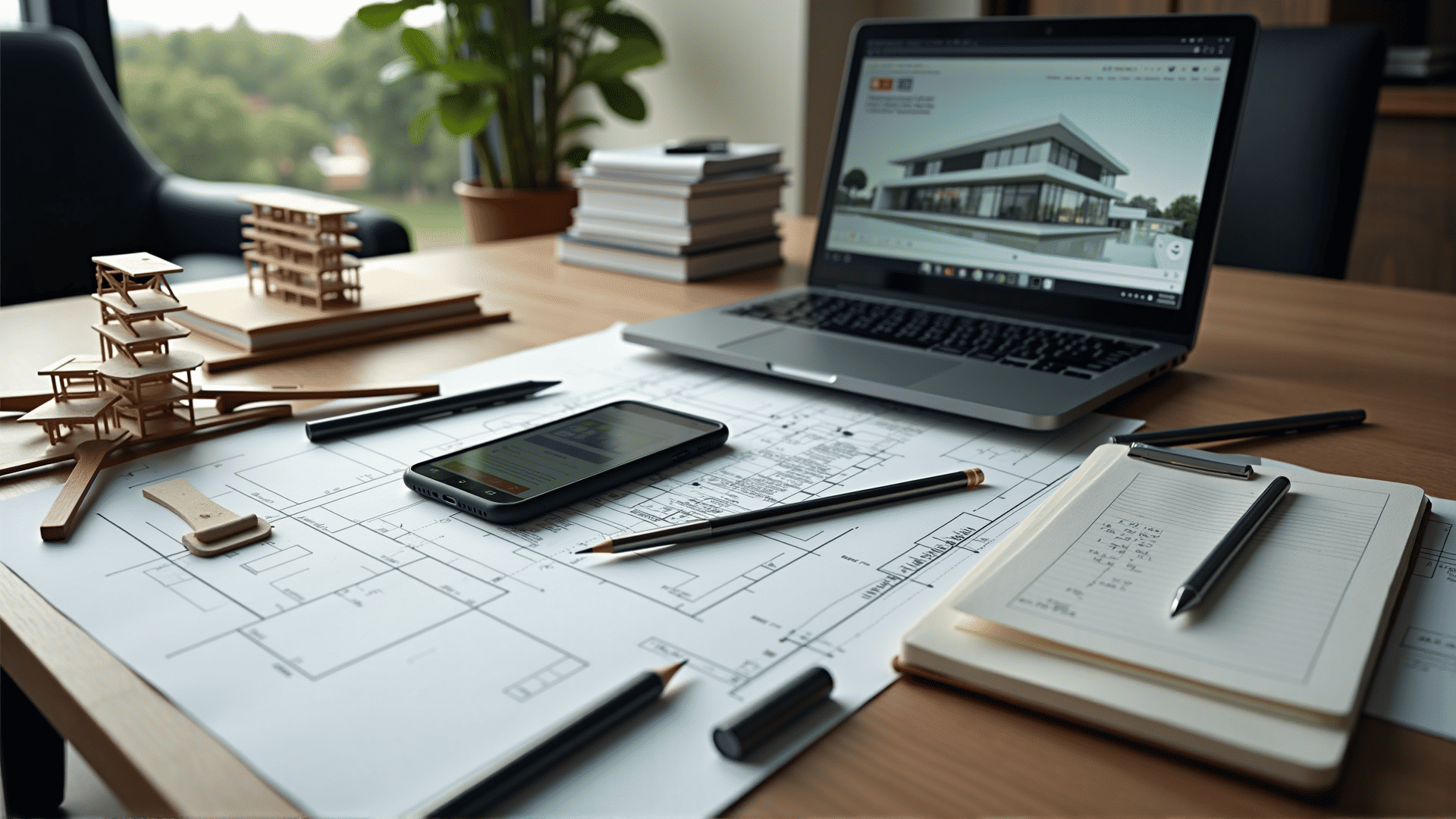In the fast-paced world of architecture, where creativity meets practicality, managing time and schedules effectively can be as crucial as the design process itself. For architects, who often juggle multiple projects and deadlines, having the right tools is essential to streamline workflows and enhance productivity. Beyond the traditional drawing board, a suite of modern tools has emerged to help architects manage their schedules and projects efficiently. Let's explore some of these must-have tools that are transforming the way architects work.
- Project Management Software
Central to any architect’s toolkit is robust project management software. Tools like Asana, Trello, or Monday.com allow architects to track progress, set deadlines, and delegate tasks seamlessly. These platforms enable teams to collaborate in real-time, ensuring that everyone is on the same page and projects are on schedule. With features like timeline views, task dependencies, and automated reminders, architects can keep projects moving forward without missing a beat.
- Building Information Modeling (BIM) Software
While BIM is renowned for its design capabilities, its scheduling features are equally impressive. Software such as Autodesk Revit or ArchiCAD not only allows architects to create detailed 3D models but also integrates scheduling and project timelines. This holistic approach ensures that any changes in design automatically update related schedules, reducing errors and saving time.
- Time Management Apps
Effective time management is at the heart of successful project delivery. Apps like Toggl or Clockify help architects track the time spent on each task. These tools provide insights into productivity patterns, enabling architects to identify areas where they can improve efficiency. With detailed reports, architects can optimize their schedules, prioritize tasks, and allocate time more effectively.
- Cloud Storage Solutions
Gone are the days of bulky blueprints and endless filing cabinets. Cloud storage solutions such as Google Drive or Dropbox allow architects to store and share large files effortlessly. With easy access to design documents, meeting notes, and project files from anywhere, architects can collaborate with clients and contractors in real-time, ensuring that everyone has up-to-date information.
- Communication Platforms
Effective communication is essential in architecture, where clear, concise exchanges can prevent costly errors. Platforms like Slack or Microsoft Teams provide architects with instant messaging options, video calls, and file sharing capabilities. These tools enable seamless communication within teams and with external partners, making it easier to coordinate efforts and address any issues as they arise.
- Virtual Reality (VR) and Augmented Reality (AR) Tools
As technology evolves, VR and AR tools are becoming invaluable in architecture. Tools like Enscape or Lumion allow architects to walk clients through virtual models, providing a comprehensive sense of space and design in ways that traditional blueprints cannot. These tools also aid in identifying potential design issues early in the process, saving time and resources.
- Visualization and Drafting Software
Of course, even as architects move beyond the physical drawing board, the need for exceptional drafting and visualization tools remains. Software like AutoCAD and SketchUp offer powerful drafting capabilities alongside tools for visual representation of concepts. These programs streamline the transition from conceptual design to detailed plans, while plugins and add-ons enhance their capabilities for a more comprehensive toolset.
- Scheduling and Calendar Apps
Applications such as Google Calendar or Outlook remain crucial for managing deadlines and meetings. They integrate well with project management tools and provide alerts for upcoming events, helping architects maintain a well-organized schedule and ensuring they never miss an important deadline or meeting.
In conclusion, leveraging the right tools can significantly enhance an architect's ability to manage schedules and deliver successful projects. From sophisticated BIM software to intuitive project management platforms, these tools not only streamline workflows but also foster better collaboration and creativity. As architecture continues to evolve in the digital age, staying equipped with the right tools will be key in navigating the complexities of modern design and architecture efficiently.
